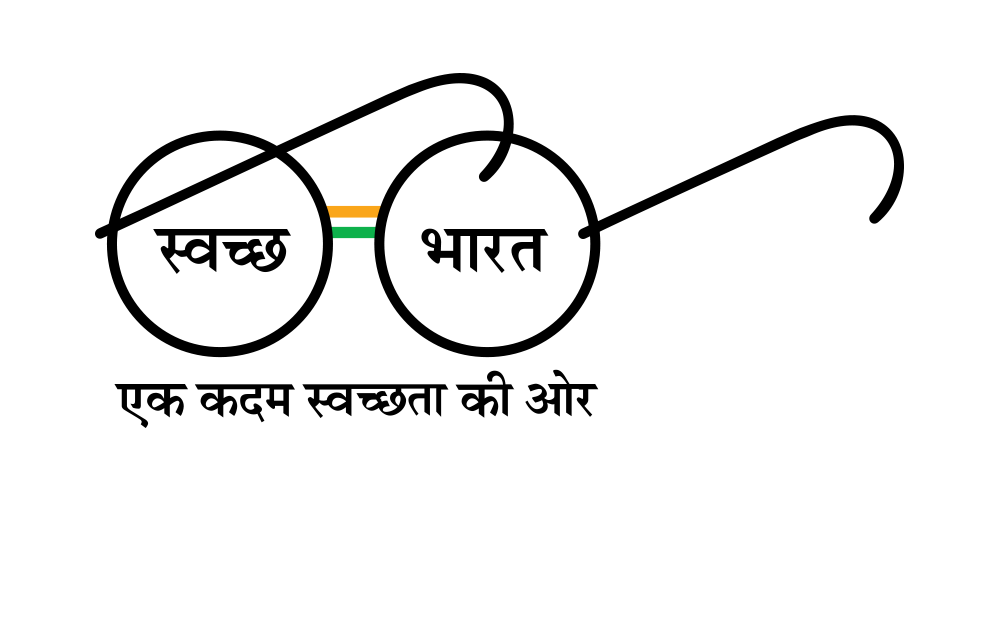Overview:
Master of Science in Agriculture (M.Sc. (Ag.)) in Horticulture is a postgraduate program that focuses on the advanced study of the cultivation, management, and improvement of fruits, vegetables, flowers, and ornamental plants. It also covers landscape design, post-harvest technology, and sustainable horticultural practices. This program equips students with scientific knowledge and practical skills to enhance productivity, quality, and profitability in horticultural crops, contributing to food security and environmental sustainability.
Duration and Eligibility:
- Duration: 2 years (4 semesters)
- Eligibility: Candidates must have a Bachelor’s degree in Agriculture (B.Sc. (Hons) Ag.) or Horticulture from a recognized university. Some universities may require a minimum percentage and/or qualifying marks in entrance exams.
Curriculum:
The curriculum of M.Sc. (Ag.) in Horticulture is comprehensive and covers both theoretical and practical aspects of horticultural science. Key areas of study include:
- Principles of Horticulture: Basics of plant growth, development, and propagation techniques.
- Fruit Science (Pomology): Cultivation, breeding, and management of fruit crops.
- Vegetable Science (Olericulture): Production and improvement of vegetable crops.
- Floriculture and Landscaping: Growing ornamental plants and landscape design.
- Post-Harvest Technology: Handling, processing, and storage of horticultural produce.
- Plant Breeding and Genetics: Development of high-yield and disease-resistant horticultural varieties.
- Plant Pathology and Pest Management: Disease control and integrated pest management.
- Soil and Water Management: Fertility management and irrigation techniques in horticulture.
- Protected Cultivation and Greenhouse Technology: Advanced cultivation methods in controlled environments.
- Biotechnology in Horticulture: Tissue culture and genetic engineering for crop improvement.
- Research Methodology and Statistics: Techniques for conducting scientific research and data analysis.
- Fieldwork and Dissertation: Practical training through field visits, experiments, and a research project.
Specializations:
Students may have the option to specialize in areas such as:
- Pomology (Fruit Science)
- Olericulture (Vegetable Science)
- Floriculture and Landscape Architecture
- Plantation Crops and Spices
- Post-Harvest Technology
- Medicinal and Aromatic Plants
Career Opportunities:
Graduates of M.Sc. (Ag.) in Horticulture have a wide range of career opportunities in both the public and private sectors, including:
- Horticulturist (in government departments and private firms)
- Floriculturist (in the ornamental plant and flower industry)
- Plant Breeder (developing improved horticultural varieties)
- Research Scientist (in agricultural research institutes)
- Farm Manager (in horticultural plantations and nurseries)
- Post-Harvest Technologist (in food processing and storage industries)
- Landscape Designer (in urban planning and landscaping companies)
- Agricultural Extension Officer (advising farmers on best practices)
- Lecturer/Professor (in agricultural universities and colleges)
- Consultant (in agribusiness firms and NGOs)
- Agri-entrepreneur (starting own nursery or horticultural venture)
Higher Studies and Research:
After completing M.Sc. (Ag.) in Horticulture, students can pursue further studies such as:
- Doctor of Philosophy (Ph.D.) in Horticulture (for research and academic careers)
- Post-Doctoral Research (in specialized fields of horticultural science)
Scope and Importance:
Horticulture is a rapidly growing field with increasing demand for high-quality fruits, vegetables, flowers, and ornamental plants. It plays a vital role in enhancing nutritional security, generating employment, and promoting environmental sustainability. Professionals in this field contribute to sustainable farming practices, post-harvest management, and landscape architecture, addressing global challenges such as climate change and urbanization.
This course is ideal for individuals passionate about plant science, sustainable agriculture, and environmental conservation. It offers rewarding career opportunities with the potential to innovate and make a positive impact on society and the agricultural industry.





